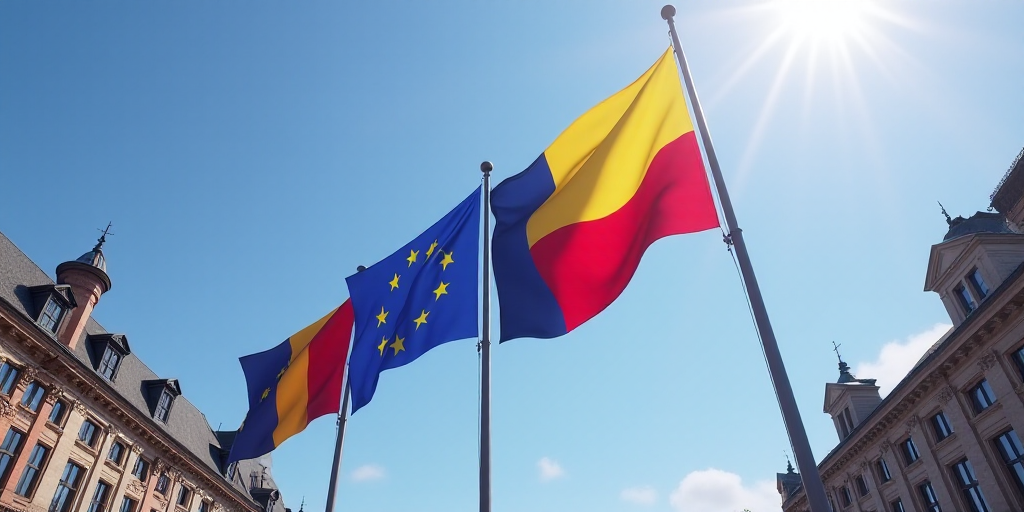Agreement Between the Council and European Parliament
On Wednesday, the Council of the European Union and the European Parliament reached an agreement to exempt occasional small-scale importers in steel, aluminum, cement, and fertilizer sectors from paying climate tariffs. This agreement introduces a new ‘minimis’ threshold of 50 tonnes, which will take effect three days after publication in the Official Journal of the European Union.
Key Details of the Agreement
- Exemption: The agreement exempts approximately 182,000 importers, 90% of which are small and medium-sized enterprises (SMEs), from paying climate tariffs.
- Financial Savings: The new threshold is estimated to save around 1,120 million euros while still covering more than 99% of emissions.
- Simplified Procedures: The changes simplify authorization procedures for importers and improve emissions calculation and financial responsibility management, while strengthening measures against abuse.
Background on the Carbon Border Adjustment Mechanism (CBAM)
The proposed modification by the European Commission aims to reduce administrative burdens related to the Carbon Border Adjustment Mechanism (CBAM), also known as the ‘climate tariff.’ This tool aims to equalize carbon pricing between European products subject to the Emissions Trading System (ETS) and imported goods. Additionally, CBAM encourages greater climate ambition in non-EU countries.
Who is Affected and Why is This Relevant?
The agreement primarily impacts small and medium-sized enterprises (SMEs) that occasionally import steel, aluminum, cement, and fertilizers. These businesses will benefit from reduced administrative burdens and financial savings, estimated at 1,120 million euros. The CBAM is a crucial component of the European Green Deal, ensuring that EU industries remain competitive while promoting climate neutrality.
Impact on the Industry and Environment
By introducing this new threshold, the EU seeks to balance environmental objectives with the need to support smaller businesses. The CBAM will help maintain a level playing field for European industries by accounting for carbon pricing in imported goods. This, in turn, encourages other countries to adopt more ambitious climate policies.
Key Questions and Answers
- What is the new threshold? The new ‘minimis’ threshold for exemption from climate tariffs is set at 50 tonnes.
- Who benefits from this agreement? Approximately 182,000 importers, mostly small and medium-sized enterprises (SMEs), will benefit from reduced administrative burdens and financial savings.
- What is the Carbon Border Adjustment Mechanism (CBAM)? The CBAM is a tool designed to equalize carbon pricing between European products and imported goods, ensuring that EU industries remain competitive while promoting climate neutrality.
- What percentage of emissions will still be covered by the CBAM? More than 99% of emissions will continue to be covered by the CBAM.






